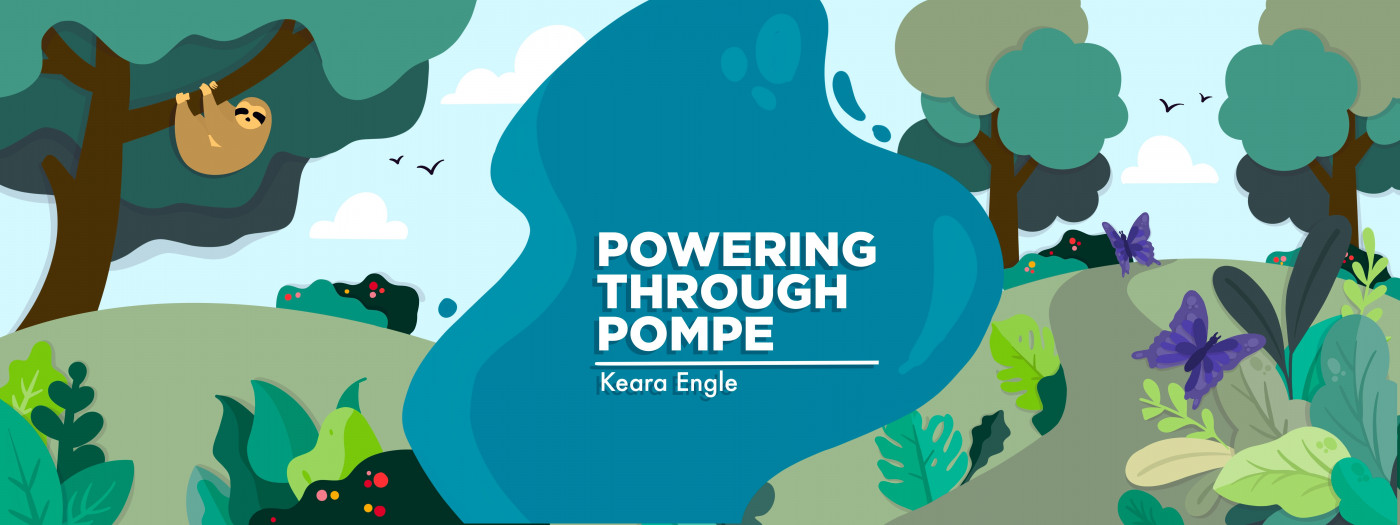Doctors Need Medical Advice Sometimes, Too
Written by |

I often have to explain my son Cayden’s rare disease to medical professionals. But sometimes, they need more help than I can offer. While my knowledge of Pompe disease is pretty advanced, there are some questions I just don’t have answers to.
Cayden, 3, has been hospitalized a lot — especially this past year. The doctors at our local children’s hospital aren’t that familiar with Pompe disease. I don’t mind explaining his disease to them, but I don’t know all of the details the way Cayden’s specialists do.
In these instances, I always recommend that the doctors caring for Cayden reach out to his specialists themselves for answers. Instead of being offended, they’re usually thankful. I believe it takes a lot for someone to recognize that, even after many years of medical school, they don’t know everything!
A few months ago, Cayden battled a nasty case of pneumonia, which resulted in him needing to be intubated. But after twice being unable to remove the tube, the doctors weren’t sure what else to try, and recommended a tracheostomy. I wasn’t ready for this. I knew my son, and I knew he could overcome this.
Instead of agreeing to the tracheostomy, I begged the doctors to reach out to other doctors, even ones we’d never met. I had them reach out to Cayden’s specialists at the Children’s Hospital of Philadelphia, as well as Pompe disease specialists at Duke University in North Carolina.
This was the best decision I could have made. The specialists they contacted recommended placing Cayden on the neurally adjusted ventilatory assist (NAVA) setting on the ventilator, something that hadn’t been done before.
The NAVA setting monitors the diaphragm via electrical activity that is read by a catheter fed into the patient’s nostril. By monitoring the diaphragm, the patient is able to fully control his breathing pattern. The ventilator will offer as little or as much support as the body asks for. It was very interesting, to say the least.
While the NAVA catheter looked a bit odd, it wasn’t much different from a nasogastric tube, which Cayden had for the first six months of his life. Luckily, after a few weeks with the NAVA setting, Cayden was able to be successfully extubated.
Recently, Cayden came down with a nasty case of respiratory syncytial virus (RSV), along with an enterovirus. While he was able to avoid being intubated, it was almost necessary. This time, I asked the doctors at our local children’s hospital to reach out to his specialists almost immediately.
Cayden had never had RSV, and each doctor had different recommendations about how to get him through it. But I wanted to take the advice of Cayden’s pulmonologist, whom he has known his whole life, so the doctors agreed to call him. The pulmonologist recommended keeping Cayden on the bilevel positive airway pressure (BiPAP) machine 24/7 while his body healed.
He was adamant that we give Cayden a longer time to recover, instead of rushing to get him off BiPAP and back to breathing on his own without any support. The pulmonologist also recommended using the NAVA setting on the BiPAP machine, since Cayden did so well with it the last time.
The doctors listened to all of the pulmonologist’s suggestions, and they worked. If they hadn’t reached out as soon as they did, Cayden may have needed to be intubated again, which we wanted to avoid.
I take pride in finding some of the best specialists for my son, and I’m thankful they’re so willing to help whenever we need them. But I’m also very grateful that the doctors at our local children’s hospital are willing to reach out to anybody anytime I ask. Being a doctor is a big job, but they’re able to lean on one another for medical advice. Sometimes, two — or more — brains are better than one.
***
Note: Pompe Disease News is strictly a news and information website about the disease. It does not provide medical advice, diagnosis, or treatment. This content is not intended to be a substitute for professional medical advice, diagnosis, or treatment. Always seek the advice of your physician or other qualified health provider with any questions you may have regarding a medical condition. Never disregard professional medical advice or delay in seeking it because of something you have read on this website. The opinions expressed in this column are not those of Pompe Disease News, or its parent company, Bionews, and are intended to spark discussion about issues pertaining to Pompe disease.







Leave a comment
Fill in the required fields to post. Your email address will not be published.